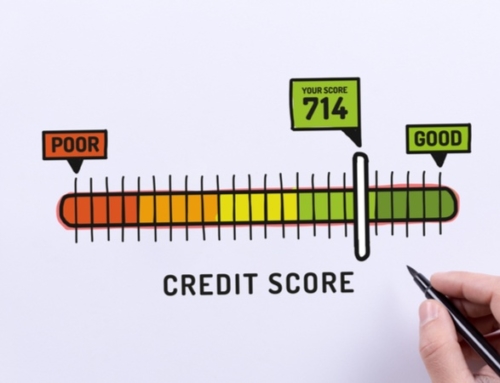Q: I have $40,000 that I’ve withdrawn from a home equity line of credit to start paying down $90,000 in credit card debt.
A friend in a similar situation offered his credit card companies anywhere from 25 to 75 cents on the dollar to close his accounts and ended up paying only about 50 percent of what he owed to pay off all of his cards.
What do you think of this strategy? How (and for how long) do deals like that affect credit rating seeing as how they are a middle ground between filing for bankruptcy and paying the debt in full?
How do you approach credit card companies with such offers? Should I call their toll-free numbers?
A: You’re in a tough spot: You can pay down a little less than half of what you owe on your credit cards, but you’re tapping into your valuable home equity to do it.
You’re not really getting rid of your debt, and you’re putting your house at risk. I hope that whatever problem caused your credit card debt (such as a failed business, lack of medical insurance, etc.) has been resolved so that you are no longer charging up a storm.
Let’s talk about what your friend did to get rid of his debt. While he was able to successfully negotiate down his debt, one problem with offering credit card companies less than what you owe them is that you may have a hefty tax bill next April 15th.
If you owe $90,000 and negotiate a settlement of $40,000, the IRS views the unpaid $50,000 as a phantom income. So if you earned $100,000, the IRS will tax you as if you’ve earned $150,000, and you could owe a tax bill of $15,000 or more on the $50,000 you didn’t pay to the credit card company.
Phantom income can really be a tough nut to crack. If you negotiate and settle with your creditors, be prepared to pay the tax bill the following year. You should also – as part of your final agreement – get the credit card company to report your balance as “paid as agreed” or “paid in full.”
Be sure to get that promise in writing, and follow up to be sure that’s how it is reported on your credit history, and you’ll be on your way to start the long, slow climb to improving your credit history and credit score. But you’ve got to know going in that fixing your credit it going to take time. It could take up to seven years to repair your credit as a result of your high credit card debt and your settlement for less than the full amount to pay off your creditors.
But let’s look at the big picture. The real issue for me is how much you make versus how much debt you are currently carrying.
If you earn $90,000 per year and are $90,000 in debt, you’re at the break-even point where it may make more sense for you to declare bankruptcy and get your financial slate wiped clean. Even if you have to pay some of the debt back to get out of bankruptcy, filing will put all of your debts into one basket and get you on a faster track to improving your credit history.
If you earn $200,000 per year and have $90,000 in debt, you should be able to get yourself into a debt management program and pay off the debt in 3 to 4 years. That process will also help you rebuild your credit history and score. And, you’ll avoid that nasty bill from Uncle Sam.
If you’re going to go the debt-management route, please look into a well-regarded program, such as those run by Consumer Credit Counseling Services (www.cccsinc.org). They offer the best and cheapest options, and you’ll avoid getting ripped off by so-called credit repair companies. You can work with CCCS online, over the phone, or in person.
If you do decide you want to negotiate some sort of pay-off deal with these credit card companies, I encourage you to contact CCCS first for a free budget counseling session. CCCS can help guide you as to the best way to negotiate a compromise, and can show you how this will affect your credit and your finances.
Good luck.
Published: Dec 12, 2006






Leave A Comment